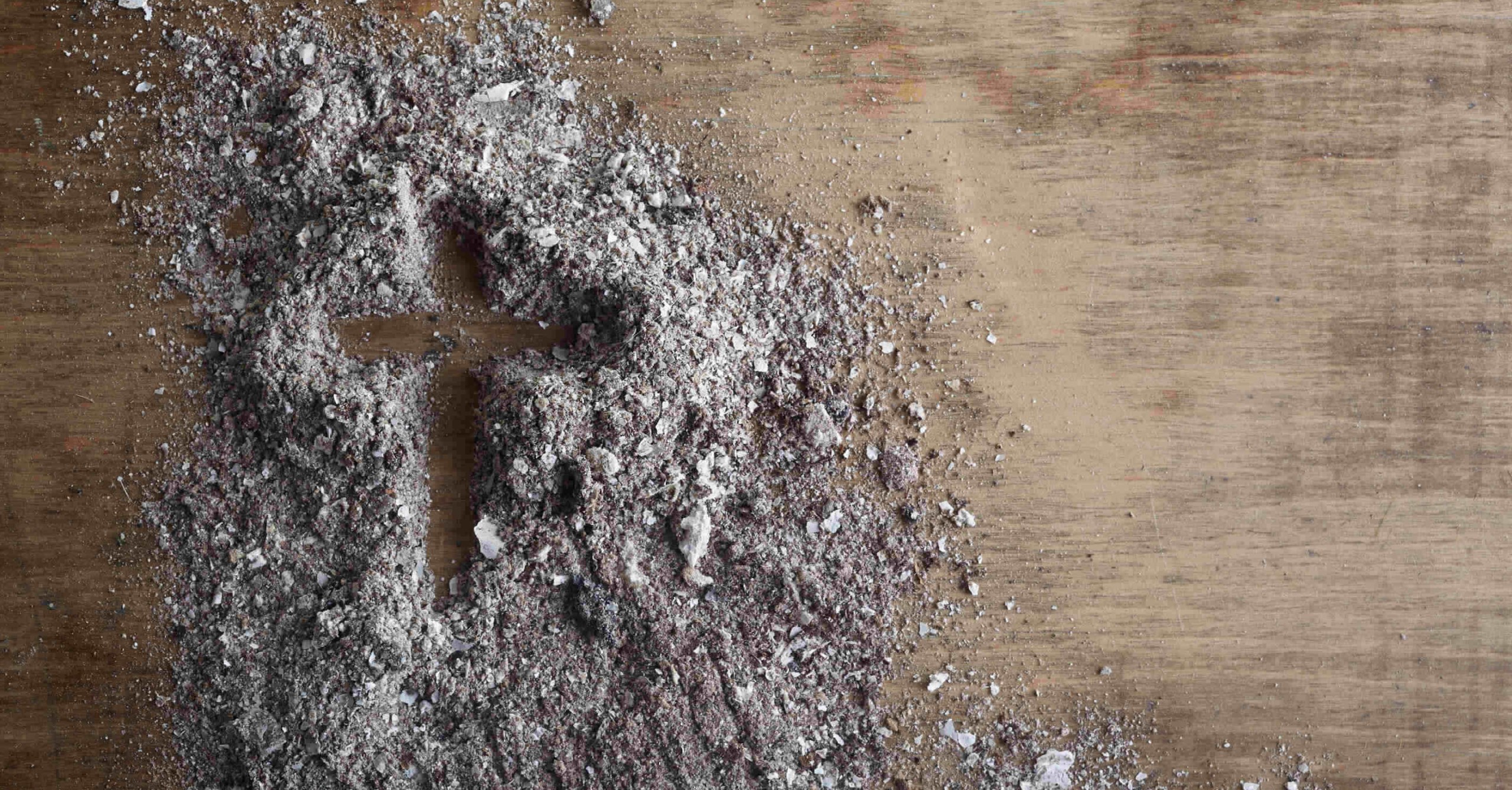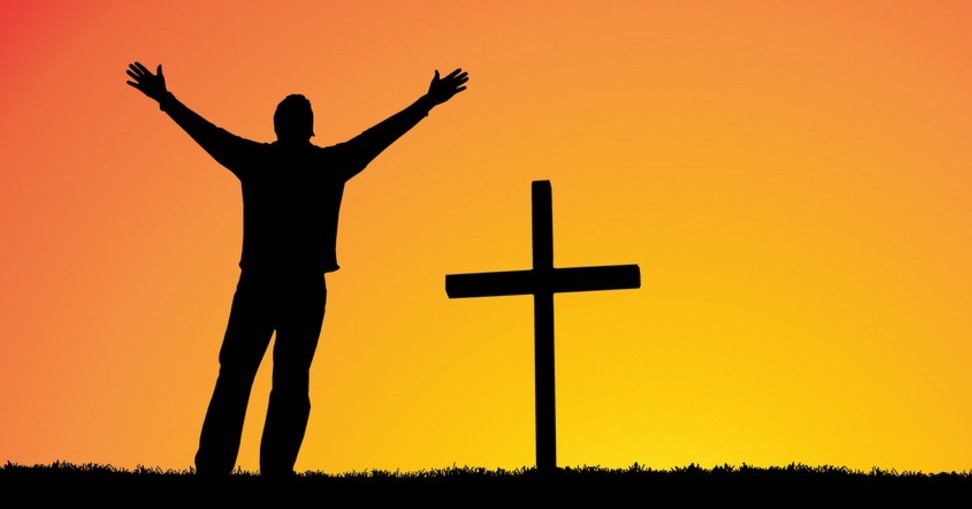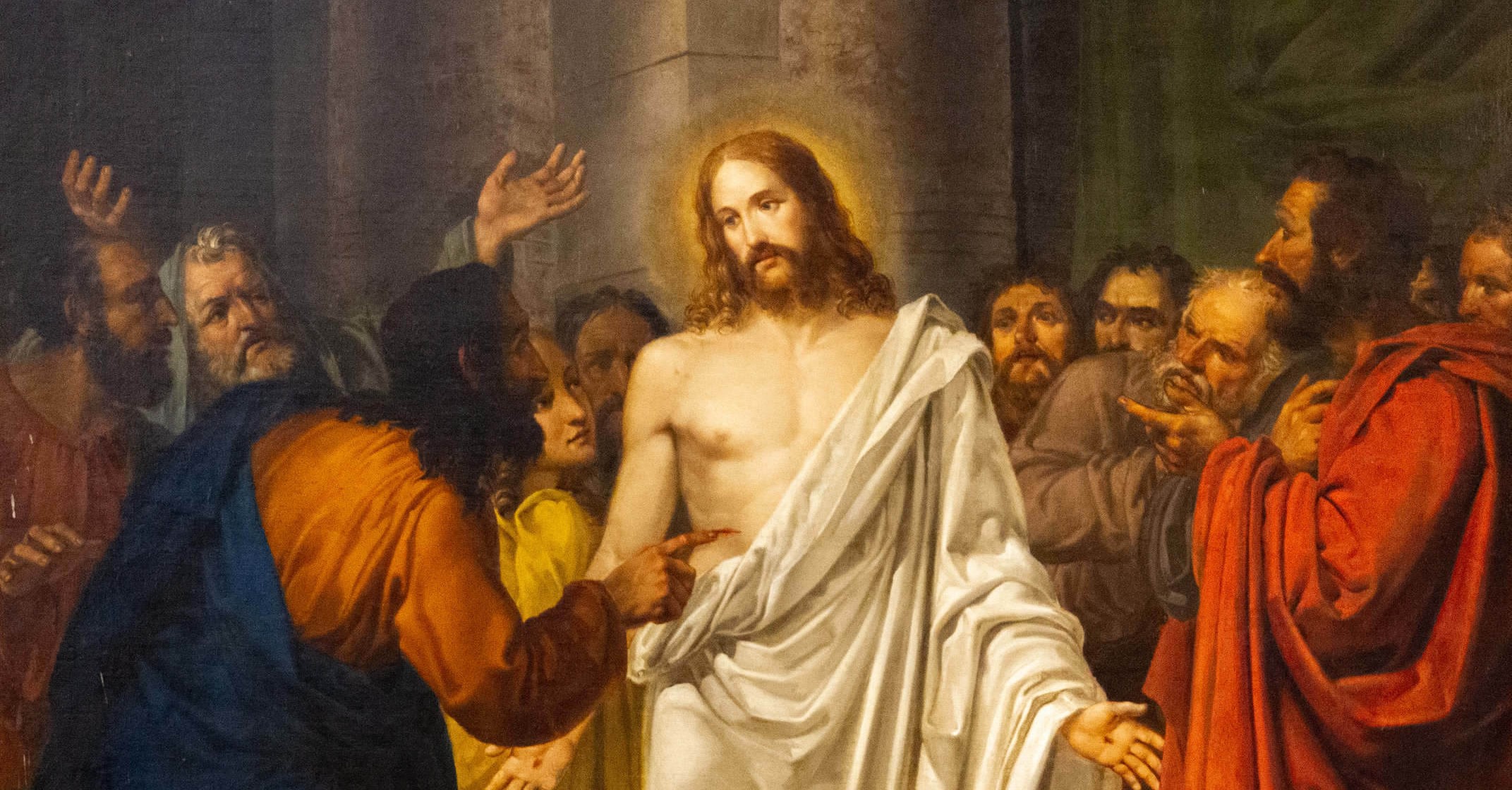Corpus Christi, 19 June 2022
Genesis 14:14-20, I Corinthians 11:23-30, Luke 24:30-35
Today we celebrate the Solemnity of the Body and Blood of Christ, a feast which originated from the thirteenth century. The institution of the Eucharist is commemorated on Maundy Thursday; today’s feast underscores it and honours Christ’s Real Presence. Like other Sacramental Churches, we believe the Eucharist is not only symbolic but really His body and blood.

Responding to what God has done
In today’s Old Testament lesson, Lot, Abram’s nephew, was taken captive.[i] Abram went with the King of Sodom to rescue him; they were victorious and returned with spoils. The first thing Abram did was to go to the High Priest Melchizedek, who said:
“Blessed be Abram by God Most High,
maker of heaven and earth;
and blessed be God Most High,
who has delivered your enemies into your hand!”[ii]
He attributed Abram’s victory not so much to Abram’s doing as granted by God. Abram paid his tithe of everything to God in response.
In the New Testament, Paul was dealing with a chaotic situation in the church at Corinth in celebrating the Eucharist. Coming from a pagan background and still learning how to become Christian, they confused the Eucharist with a social festive party. Paul corrects them (I Corinthians 11:23-25) and says very powerfully that we celebrate it in remembrance of Christ’s death until He comes.
We celebrate the life of Christ in a three-year lectionary cycle based on Matthew, Mark, and Luke’s Gospels, with John’s interspersed, signifying the three years of His earthly ministry. We’re also encouraged to celebrate on a weekly basis:
- On Wednesdays, Christians fast to reflect on Judas’ betrayal of Jesus
- On Thursdays we’re reminded of the Last Supper
- On Fridays we look on His crucifixion and death
- On Sundays we celebrate His resurrection – every Sunday is a mini Easter Sunday
We integrate and sanctify space and time, and celebrate Christ’s life on a yearly and a weekly basis.
Recognising Jesus
In Luke’s Gospel, two of Jesus’ disciples were waking to Emmaus, then He appeared to them and they didn’t recognise Him. This may be puzzling to Christians today; but if Jesus in His resurrected state appeared to us, most likely we would not recognise Him. It was the day of the resurrection, and they were debating about what had happened – they were confused by the various things they were hearing – when Jesus suddenly appeared and walked with them. He taught them everything about Himself, the Messiah, from Moses to the prophets.
Why didn’t they recognise Jesus? Humans have never seen anyone like Him, because He’s the firstfruit of the new creation. No one has even seen a resurrected human being in a perfect state of humanity and divinity, and as God’s Son we would not recognise Him.
They continued, and as they entered the village, they invited Him to a meal. The first thing Jesus did was to take bread: He took the bread, broke the bread, gave thanks… and the Scripture says so powerfully, “Their eyes were opened.” They recalled the feeding of the multitudes, and the evening when Jesus instituted the Eucharist. Why did they not recognise Jesus in His humanity and divinity, and yet recognise Him in the Eucharist? Because God intends to reveal His risen Son to His disciples and to us gradually through the Scriptures and the breaking of bread. When the Good Samaritan took the wounded person to the inn and left two cents, could this be the Sacrament and the Word which Jesus left with us to strengthen us?
God has chosen a way to reveal His Son Jesus Christ to us gradually through the preaching of the Gospel. Every Sunday you have to come and listen to the Gospel being preached in the presence of the Holy Spirit – that’s how you’ll get to know Jesus.
The other way is to eat at God’s Table. Don’t you realise you can be healed simply by receiving the Eucharist? We’ve become so used to it that it has become a ritual for us; that’s why we need to take time before we receive it. Don’t come in a hurry; take time to prepare yourself in heart and ask, “What am I doing here? What are the things I need to do?”
In this way the disciples’ eyes were opened in sight – but not only their natural eyes. First the eyes of their faith were opened, and then their physical eyes.
“Do this in remembrance of Me”
Since her beginning, the highlight of the Church’s gathering has always been the Holy Eucharist, also called the Lord’s Table or the breaking of bread. We may like “praise and worship” and the preaching of the Gospel, but the apex or climax is the Eucharist. We’re called to remember: “Do this in remembrance of Me”. Our hearts and minds are flooded with everything Jesus said and did. How many times have we heard this instruction? We try to recall things with our minds, but the remembrance of what Jesus did is by doing something; without doing this, we will never remember what God has done.
We’re to remember:
- God’s unconditional love
- that His death on the cross gave life to the world
- that the power of evil that held creation captive is broken
- that on the cross a new and better Covenant was ratified in the body and blood of Christ
1.8 billion Coca Cola bottles are produced every day, and ten thousand are consumed every second. Is this because the advertisement claiming that “Coke adds life” really worked? Is it for the same reason that Filipinos eat a lot of rice? God gave us something to eat that truly gives life; when you eat of the body and blood of Christ, you will live forever.
Often when we speak about the Eucharist, you are the one who has to remember something. But when you partake of the Eucharist, God remembers His promise to you. He doesn’t have to be reminded of what He promised; but when we come to the Lord’s table, God remembers.
“Bless the Lord, O my soul,
and all that is within me,
bless his holy name.
Bless the Lord, O my soul,
and do not forget all his benefits—
who forgives all your iniquity,
who heals all your diseases,
who redeems your life from the Pit,
who crowns you with steadfast love and mercy,
who satisfies you with good as long as you live
so that your youth is renewed like the eagle’s.”[iii]
Abram could have thrown a big party. Instead, he went to the priest; he attributed his victory not to his own strength but to his Covenant with God. He was able to rescue his nephew because God was with him and gave him victory as His Covenant partner. How many of us acknowledge these things in our lives? How often do we acknowledge that the blessings we receive come from God, and go to the church and thank Him? Let us follow Abram’s example that even in little things we need to give God the honour, glory, and praise for what He has done. We do it through what we call thanksgiving at the Eucharist. When we grow as Christians, even in little things, we say it’s because of God, not me – because His mercy and love endure forever. That’s why every morning we depend on the mercy, grace, and love of God. Before having a party and inviting your friends to a restaurant, we can say “Let’s go to church, celebrate the Eucharist, and thank God.”
Lord, we thank You for Your protection, for those who received a house, for those who travelled safely, for the strength You give us to work every day, for the sun that shines all the time to bless Your people… Help us to be more thankful.
God is looking for an opportunity, when you turn to Him in faith, to show that He is faithful to you. He does not forget about His promises.
Study questions:
- How do the Eucharist and the lectionary help you to celebrate the life of Christ? How does this help you in your walk with God and influence the way you live?
- What blessings have you received from God this year (at least three)?
- Do you recognise blessings (material or otherwise) as coming from God? How do you usually respond? How could you grow in recognising God’s blessings and in becoming more grateful to Him?
- Do you think you would recognise Jesus if He appeared to you in His resurrected state? Do you always recognise His presence and activity in your life?
- Is the Mass mostly only a religious routine to you, or a way in which God meets you? What are your expectations when you receive the Eucharist? In what ways do you prepare your heart and mind, and how could you do so more effectively?
- Do you receive a revelation of Jesus and encounter Him through the reading and preaching of the Word and celebrating and receiving the Sacrament? How does this help you remember what God has done for humanity, and for you, your family, and your church?
[i] Some translations interpret “kin” as brother or sister, but Lot was literally Abram’s nephew.
[ii] Genesis 14:19-20, NRSV
[iii] Psalm 103:1-5, NRSV









